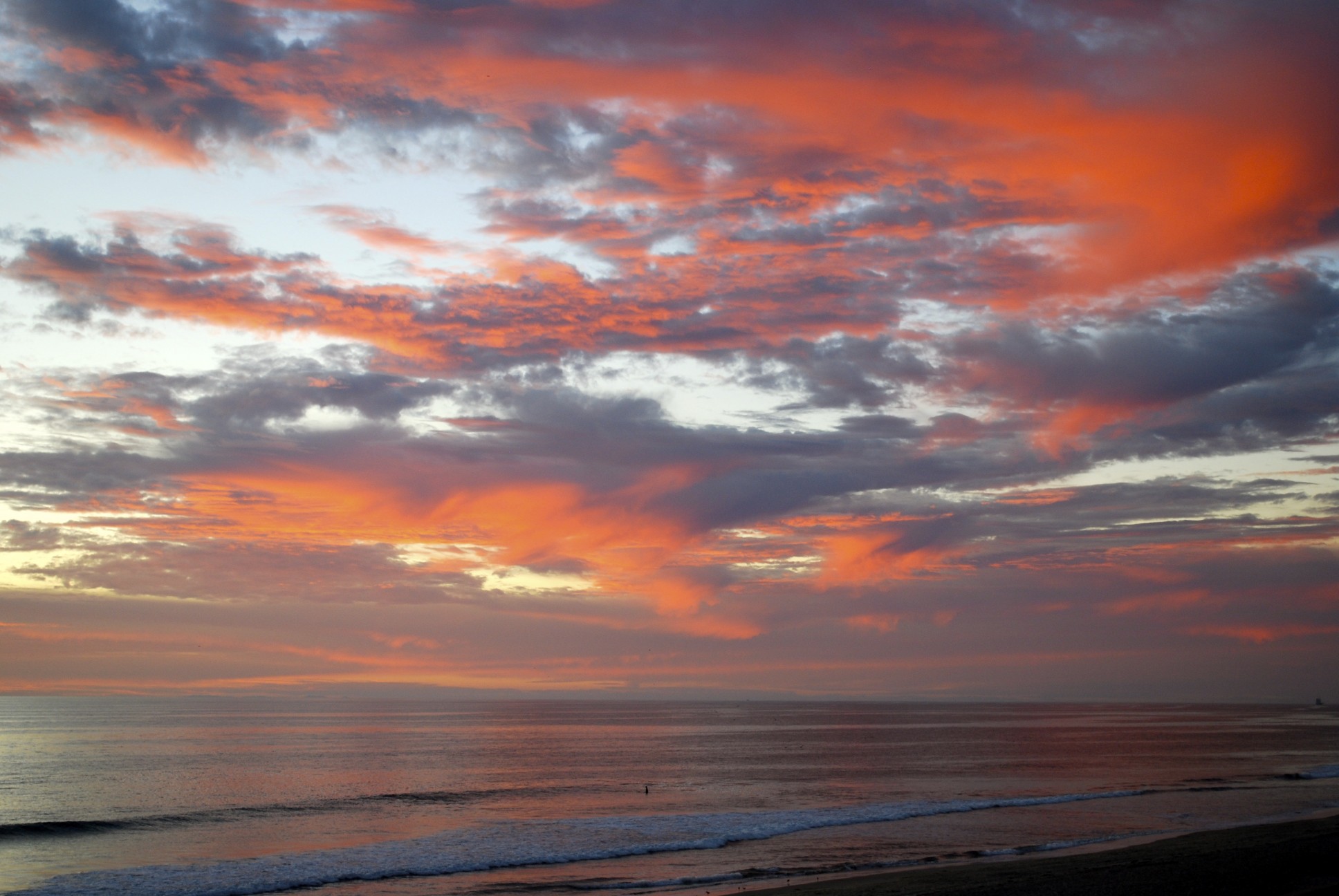
External Locus of Control
There are other forces that propel our ship and we must contend with and interact with powerful, external forces that have something to say about our course of travel and our destination. We live on sailboats—not motorized boats. The winds, currents, tides and weather have much to say about the direction and speed of our travel. Our ship has many co-captains. Many external forces move our ship. Someone or something else is pulling us [God/Fate]. We are like the ship coming into the harbor that is being pulled by a tugboat. The tub boat (and its captain) provides both the energy and the direction. Energy and direction are both derived from external sources.
There is a second option regarding the nature of external forces impacting on our ship. Someone else is coming on board our ship and steering it into the berth. This is the harbor captain (or the parent or mentor). We are dependent on someone else for direction, though we provide the energy. Thus, there is a mixture of internal and external locus of control. A third option concerns the setting in which someone or something else is offering information to us. This person or object operates like a lighthouse. It doesn’t control us or even tell us what to do. It only provides information (that is hopefully accurate). We must decide what to do with this information. We might choose to ignore the information and crash on the rocks. That is our choice. It is up to us to discern and interpret the external information. This is an even more powerful and complex blending of internal and external locus of control. The external world is influencing us, but we are still in charge.









